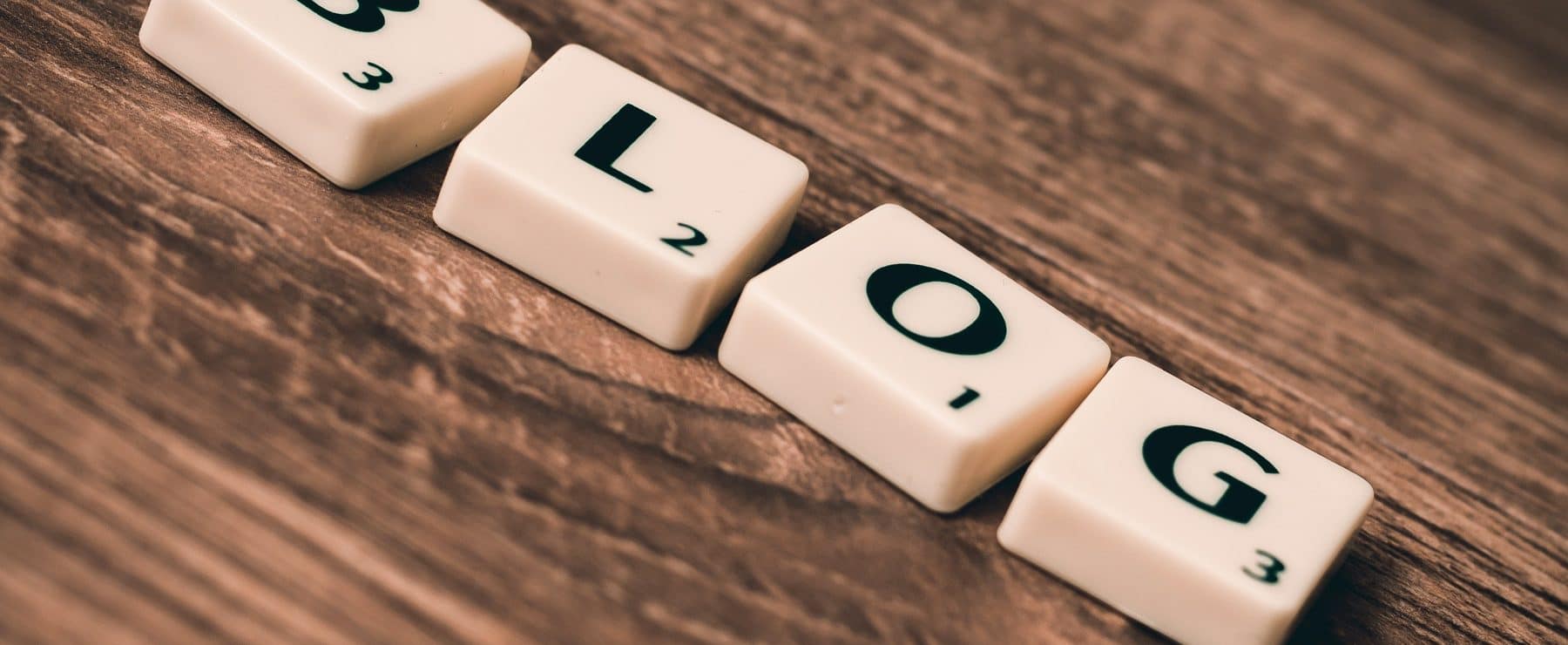Since 2012, France Télévisions has been using cutting-edge technology to bring viewers ever closer to the action at the French Open tennis tournament every year. And the broadcaster continued its run of success at this year’s tournament.
Held annually in Paris, the French Open is one of the four Grand Slam tennis tournaments – along with the Australian Open, Wimbledon, and US Open. While the women’s competition has featured a range of winners in recent years, one player has dominated the men’s event: Rafael Nadal. The Spaniard secured a remarkable thirteenth French Open title in 2020, tying him with Roger Federer for the men’s record of 20 Grand Slam wins.
Similarly, France Télévisions’ French Open coverage has successfully featured advances in broadcasting technology that build on previous successes.
The broadcaster has worked with video encoding specialist ATEME and image and sound technology pioneer Dolby for the last three years to broadcast the French Open in UHD on selected TDF transmitters and Eutelsat’s Fransat satellites. “These real-life tests have validated the technical configurations that improve the audio and video experience for viewers, ushering [in] a new era of DTTV,” explains Jean-Olivier Bost, executive technical director at France Télévisions.
For 2020, the broadcaster and its technology partners took things further, implementing trials that achieved two industry firsts: full integration of Dolby’s AC4 immersive audio codec within the ATEME TITAN Live transmission encoder, and the use of the sADM open standard production format to drive the transmission encoder.
AC4 and TITAN Live – a winning combination
Implementing AC4 encoding directly into TITAN Live makes the technical architecture much simpler and more reliable by removing devices previously in the middle of the chain. The result is fewer malfunctions, reduced audio and video synching errors, and easy tuning.
Using TITAN Live means that latency with UHD encoding has all but disappeared. This ensured the high-quality sound was synced with the
high-quality UHD images that France Télévisions was broadcasting. This latest iteration of TITAN Live works either on-premises or in the cloud on virtual or dedicated servers, giving maximum flexibility.
Mixing it up with sADM
Using sADM was a natural choice for France Télévisions to employ in the production stream. It helps future-proof content, ensuring that content can be used later without costly and time-consuming re-encoding.
“We’ve worked on metadata file formats for some time and when we decided to switch to sADM, Dolby were the first to come forward, and we were really pleased to work in AC4 this year. The investment required to switch to NGA is not very steep, but it must be part of the launch of UHD TV, even if it also works with other kinds of video broadcasting. It’s a technological breakthrough and a fantastic opportunity that we can’t pass up, even if the user interface still needs testing and feedback,” says Matthieu Parmentier, data and AI manager at France Télévisions.
The integration of sADM also provided an opportunity to introduce a control track to easily switch from Dolby 2.0 or 5.1 surround sound to Dolby Atmos 5.1.4 (regular 5.1 configuration plus four height channels). “Production can also quickly configure encoding to adjust very precisely to the content being broadcast,” says ATEME CTO Mickael Raulet.
Using sADM for the transmission encoder enabled France Télévisions to adapt to different use cases to meet viewer expectations. For example, the coronavirus pandemic meant there were no spectators present at the 2020 French Open. To achieve a familiar ‘stadium sound’, sound engineers mixed the sound from ambient microphones at courtside with samples of crowd sounds to create a realistic spectrum of sounds. They further enhanced the experience by using Dolby Atmos to place specific audio objects in the accompanying surround mix.
Dolby Atmos 5.1.4 was used for dialogue over the ambient sound during the tournament, with capacity for up to three dialogue tracks, with some sequences in Dolby 2.0 or 5.1. This followed the EBU’s TR 045 recommendations with PCM audio and associated metadata – a framework that will soon be used across the industry, according to France Télévisions’ Bost.
NGA configurations support multiple soundtracks, languages, or commentaries that aren’t mixed with the production sound. Instead, these single channels can be easily and seamlessly added live with real-time updates to the configuration described by the sADM metadata. No separate mixes are required.
Home court advantage
While all this production magic is happening behind the scenes, it is in homes where the game will be won or lost with viewers. If the consumer does not get a great experience that is easy to use, then France Télévisions and its partners have failed.
Modern flat-screen televisions often have the hardware to reproduce enhanced video and audio experiences, but it’s also important that they support the right standards for service delivery.
“With 70% of 4K UHD screens sold today supporting Dolby AC4, it increases the audience for our best work and the scope for user feedback,” says Anaïs Libolt, head of French broadcast and home entertainment at Dolby. “We get TV manufacturers involved, share user feedback and help optimise the way viewers get the most from their sets’ AC4 settings. During the tournament, all devices enabled with AC4 could decode the signal received, as long as they were in areas covered by UHD – Paris, Nantes and Toulouse – or by Fransat satellites.”
Optimising for sustained success
Viewers are always demanding broadcasters serve up something new.
Thanks to quickly evolving standards, market-leading codecs, and cutting-edge software, those viewers will continue to love what they see – and hear.
“These trials allow us to optimise our software to raise the quality of resolution, dynamic range, image display, and multichannel audio formatting,” says ATEME’s Raulet.
France Télévisions agrees, seeing this year’s success as only its most recent victory, not the end of its winning streak. “This productive and constructive collaboration with Dolby has helped us again to achieve our goal of covering the entire French Open in UHD. But it’s also allowed us to integrate sADM metadata for the first time, while capturing live action – and from the encoding phase. This gave us new perspectives for the NGA implementation to improve the viewing experience. It was the gateway to more collaborative operations,” says Bost.

